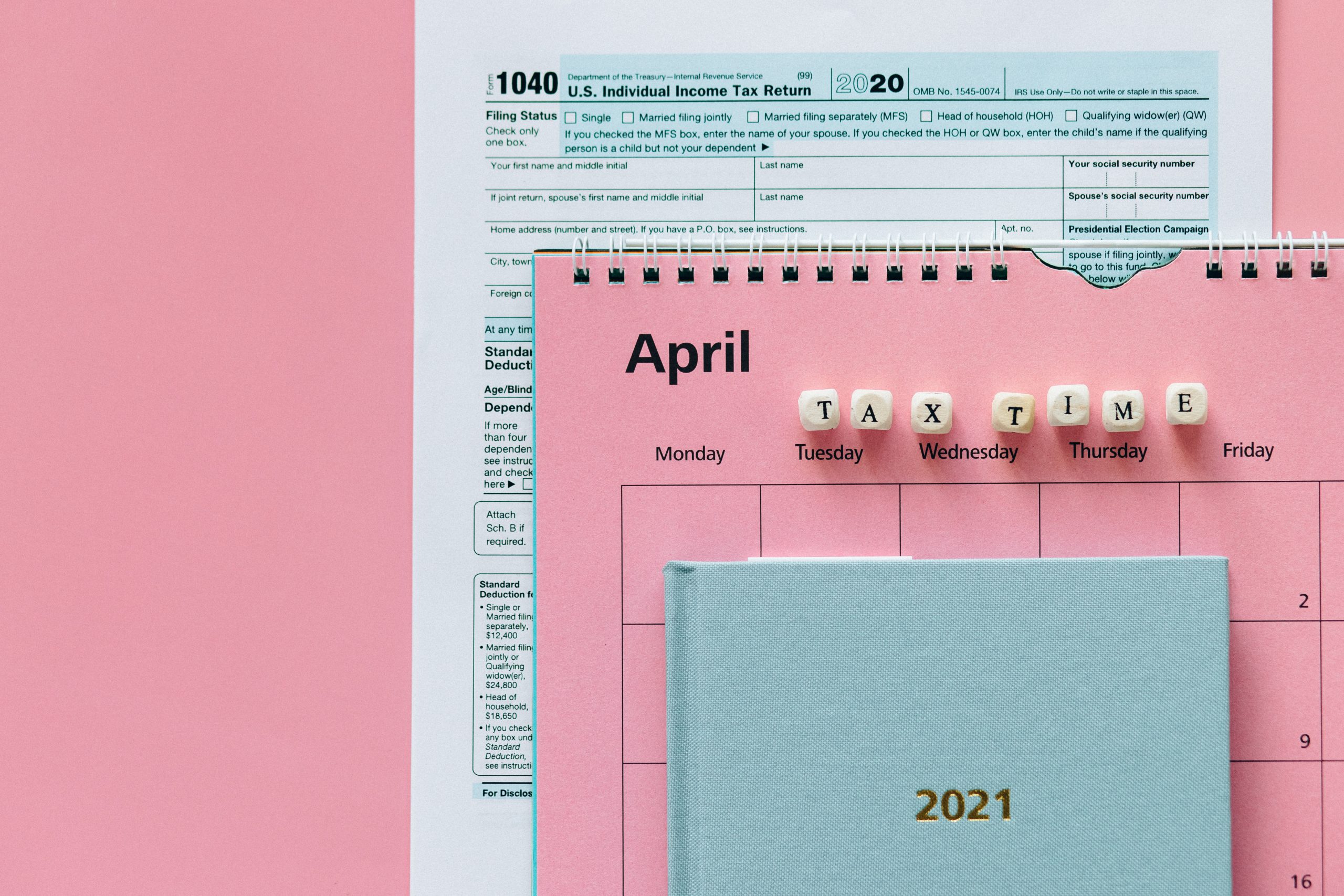
Introduction
Singapore is known for its attractive business environment, low taxes, and ease of doing business. Understanding the tax system in Singapore is crucial for individuals and businesses alike. In this comprehensive guide, we will explore the various taxes in Singapore, including personal income tax, corporate tax, goods and services tax (GST), and more. Whether you are a resident, an expatriate, or a business owner, this article will provide you with valuable insights into navigating the tax landscape in Singapore.
Personal Income Tax
Singapore’s personal income tax system is progressive, with tax rates ranging from 0% to 22%. Residents are taxed on their chargeable income earned in Singapore, while non-residents are subject to tax only on income derived from Singapore. The tax year in Singapore follows a calendar year basis (January to December). Deductions, reliefs, and rebates are available to individuals, reducing the overall tax burden.
Corporate Tax
Singapore boasts one of the lowest corporate tax rates globally, currently set at a flat rate of 17%. The tax system follows a territorial basis, meaning that companies are taxed only on income derived from Singapore and foreign-sourced income remitted to Singapore. Tax exemptions, incentives, and schemes are available to encourage business growth and attract foreign investments.
Goods and Services Tax (GST)
The Goods and Services Tax (GST) is a value-added tax imposed on the supply of goods and services in Singapore. The current GST rate is 7%. GST-registered businesses collect GST on their sales and can claim input tax credits on their purchases. Certain goods and services may be exempted or zero-rated under specific circumstances.
Property Tax
Property tax is levied on owners of residential and non-residential properties in Singapore. The tax is based on the annual value of the property, which is determined by the property’s estimated rental value. Residential properties are subject to lower tax rates compared to non-residential properties. Property tax payments contribute to funding public services and infrastructure development.
Withholding Tax
Withholding tax is applicable when a non-resident receives certain types of income from Singapore, such as interest, royalties, and services. The payer of the income is required to withhold a percentage of the payment and remit it to the Inland Revenue Authority of Singapore (IRAS). The withholding tax rates vary depending on the nature of the income.
Stamp Duty
Stamp duty is imposed on documents relating to the transfer of immovable properties, such as land and buildings. It is also applicable to certain legal documents, including share transfer instruments and lease agreements. The rates of stamp duty vary based on the nature of the document and the value of the transaction.

Looking for expert advice on navigating taxes in Singapore? Optimize your tax position with Accruplus, your trusted financial advisor.
Import and Export Duties
Singapore follows a liberal trade policy, and most goods imported into Singapore are not subject to customs duties. However, specific goods, such as tobacco, alcohol, and motor vehicles, are subject to excise duties. Export duties are generally not imposed on goods leaving Singapore, promoting international trade.
Foreign Worker Levy
Businesses employing foreign workers in Singapore are required to pay a monthly levy known as the Foreign Worker Levy. The levy aims to regulate the inflow of foreign labor and encourage employers to hire local workers. The amount of levy depends on the sector and the number of foreign workers employed.
Tax Incentives and Reliefs
Singapore offers various tax incentives and reliefs to individuals and businesses. These include the Productivity and Innovation Credit (PIC) scheme, which provides tax benefits for investments in innovation and productivity-enhancing activities. Additionally, specific industries and activities may qualify for tax incentives and exemptions under schemes such as the Global Trader Program (GTP) and the Development and Expansion Incentive (DEI).
Filing and Compliance
Taxpayers in Singapore are required to file their tax returns annually. Individuals are given a tax filing deadline, typically on April 15th of the following year. Businesses have different filing deadlines based on their financial year-end. Compliance with tax regulations and timely filing of tax returns are essential to avoid penalties and unnecessary audits.
Double Taxation Agreements
Singapore has an extensive network of Double Taxation Agreements (DTAs) with various countries. DTAs aim to prevent the double taxation of income earned in both Singapore and the treaty partner country. These agreements provide relief through mechanisms such as tax exemptions, reduced tax rates, and tax credits, promoting cross-border trade and investment.
Tax Planning Strategies
Effective tax planning is crucial for individuals and businesses in Singapore. Strategies such as maximizing tax deductions, utilizing available tax incentives, and structuring transactions can help optimize tax efficiency. Engaging the services of tax professionals and staying informed about changes in tax laws and regulations can aid in effective tax planning.
Common Tax Pitfalls
Navigating the tax system can be complex, and taxpayers may inadvertently make mistakes that lead to tax pitfalls. Some common pitfalls include failing to report income, inaccurate record-keeping, late filing, and incorrect tax treatments. Being aware of these pitfalls and seeking professional advice can help individuals and businesses avoid unnecessary tax issues.
Future Trends in Singapore’s Tax System
Singapore continuously reviews and updates its tax system to remain competitive and adapt to changing global trends. Future trends may include further digitalization of tax processes, potential changes in tax rates, and enhanced tax incentives for emerging industries. Staying informed about these trends can help individuals and businesses make informed decisions and plan for the future.

Conclusion
Understanding the tax system in Singapore is essential for individuals and businesses to ensure compliance and optimize their tax positions. This guide has provided an overview of the various taxes in Singapore, including personal income tax, corporate tax, GST, and more. By staying informed, seeking professional advice, and effectively planning their taxes, individuals and businesses can navigate Singapore’s tax landscape with confidence and achieve their financial goals.
Looking for expert advice on navigating taxes in Singapore? Optimize your tax position with Accruplus, your trusted financial advisor.

